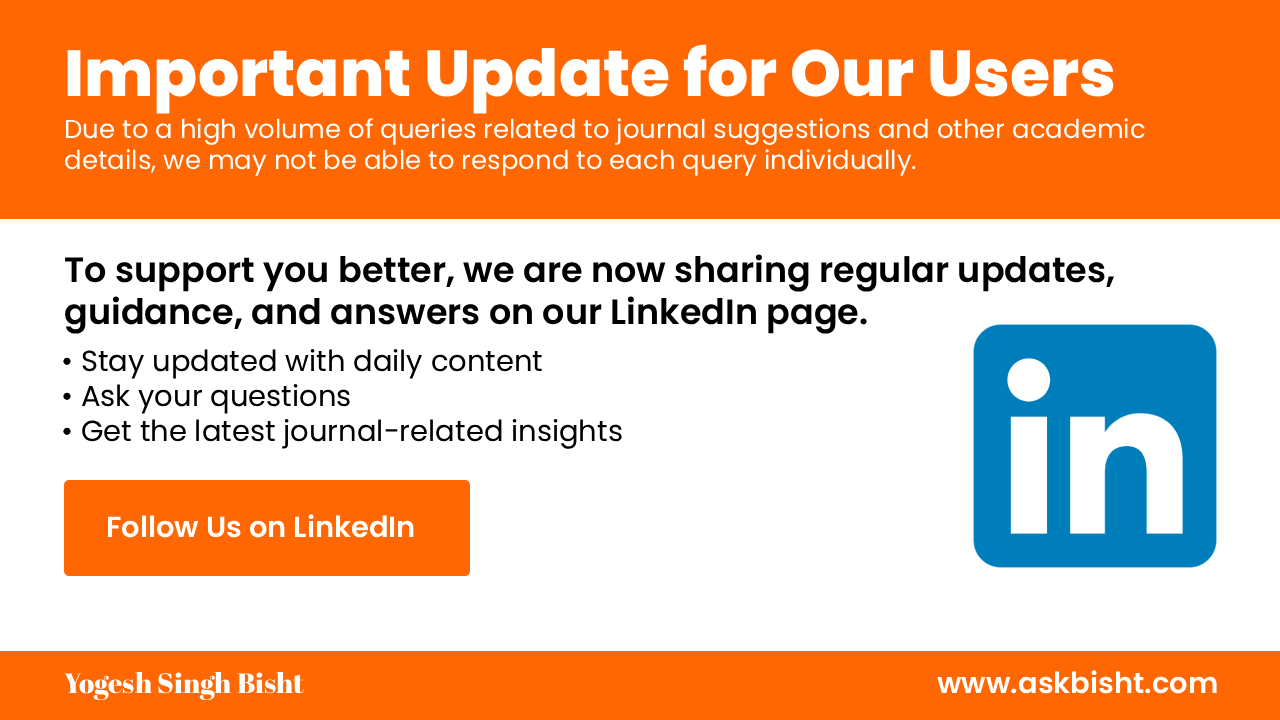Aims & Scope
SARE: Southeast Asian Review of English is an open access peer-reviewed journal founded in 1980 that publishes scholarly articles and other materials.
Launched initially by the Malaysian Association for Commonwealth Literature and Language Studies (MACLALS), it is now produced by the Department of English at the Faculty of Arts and Social Sciences of Universiti Malaya, the nation's oldest and premier university.
Writing in the inaugural issue, its founding editor, Lloyd Fernando, Professor of English and Head then of the only university department of English in Malaysia, declared that though SARE was envisaged as "a specialist journal" covering "an already diverse and still expanding area of literary, cultural and social interest—Malaysian and Singaporean literature in English through Commonwealth literature to Third World literature in English— it won't be a journal of a jealously and zealously delimited specialism".
Almost 40 years later, SARE remains true to those inclusive founding principles.
It continues to be committed to its mission to promote scholarship that transcends established canons while being attentive to texts and constituencies that occupy the margins of cultures, histories, and nations.
A pioneer in the academic and literary scene of Malaysia and Singapore at the time of its launch in 1980, SARE, which continued as a print journal until 2015, now serves a global community of readers, writers, and scholars as an open access electronic journal that is freely and immediately available.
View Aims & ScopeMetrics & Ranking
Impact Factor
| Year | Value |
|---|---|
| 2025 | 0.1 |
SJR (SCImago Journal Rank)
| Year | Value |
|---|---|
| 2024 | 0.120 |
Quartile
| Year | Value |
|---|---|
| 2024 | Q2 |
h-index
| Year | Value |
|---|---|
| 2024 | 4 |
Journal Rank
| Year | Value |
|---|---|
| 2024 | 27267 |
Journal Citation Indicator
| Year | Value |
|---|---|
| 2024 | 13 |
Impact Factor Trend
Abstracting & Indexing
Journal is indexed in leading academic databases, ensuring global visibility and accessibility of our peer-reviewed research.
Subjects & Keywords
Journal’s research areas, covering key disciplines and specialized sub-topics in Arts and Humanities and Social Sciences, designed to support cutting-edge academic discovery.
Licensing & Copyright
This journal operates under an Open Access model. Articles are freely accessible to the public immediately upon publication. The content is licensed under a Creative Commons Attribution 4.0 International License (CC BY 4.0), allowing users to share and adapt the work with proper attribution.
Copyright remains with the author(s), and no permission is required for non-commercial use, provided the original source is cited.
Policy Links
This section provides access to essential policy documents, guidelines, and resources related to the journal’s publication and submission processes.
- Aims scope
- Homepage
- Oa statement
- Author instructions
- License terms
- Review url
- Board url
- Copyright url
- Plagiarism url
- Preservation url
- Apc url
Plagiarism Policy
This journal follows a plagiarism policy. All submitted manuscripts are screened using reliable plagiarism detection software to ensure originality and academic integrity. Authors are responsible for proper citation and acknowledgment of all sources, and any form of plagiarism, including self-plagiarism, will not be tolerated.
For more details, please refer to our official: Plagiarism Policy.
APC Details
The journal’s Article Processing Charge (APC) policies support open access publishing in Arts and Humanities and Social Sciences, ensuring accessibility and quality in research dissemination.
This journal does not charge a mandatory Article Processing Charge (APC). However, optional open access publication may incur fees based on the publisher’s policies.
Explore journals without APCs for alternative publishing options.
Most Cited Articles
The Most Cited Articles section features the journal's most impactful research, based on citation counts. These articles have been referenced frequently by other researchers, indicating their significant contribution to their respective fields.
-
Foliage and Fog: Uncanny Petrocultures in Tash Aw’s We, the Survivors and Helon Habila’s Oil on Water
Citation: 4
Authors: Jamie
-
(Re)Imagining “Dystopian Spaceâ€: Memory and Trauma in Yoko Ogawa’s The Memory Police
Citation: 2
Authors: Foong, Gheeta
-
MULTICULTURALISM, INTERCULTURALISM, TRANSCULTURALISM AND THE RELUCTANT FUNDAMENTALIST
Citation: 2
Authors: José Manuel
